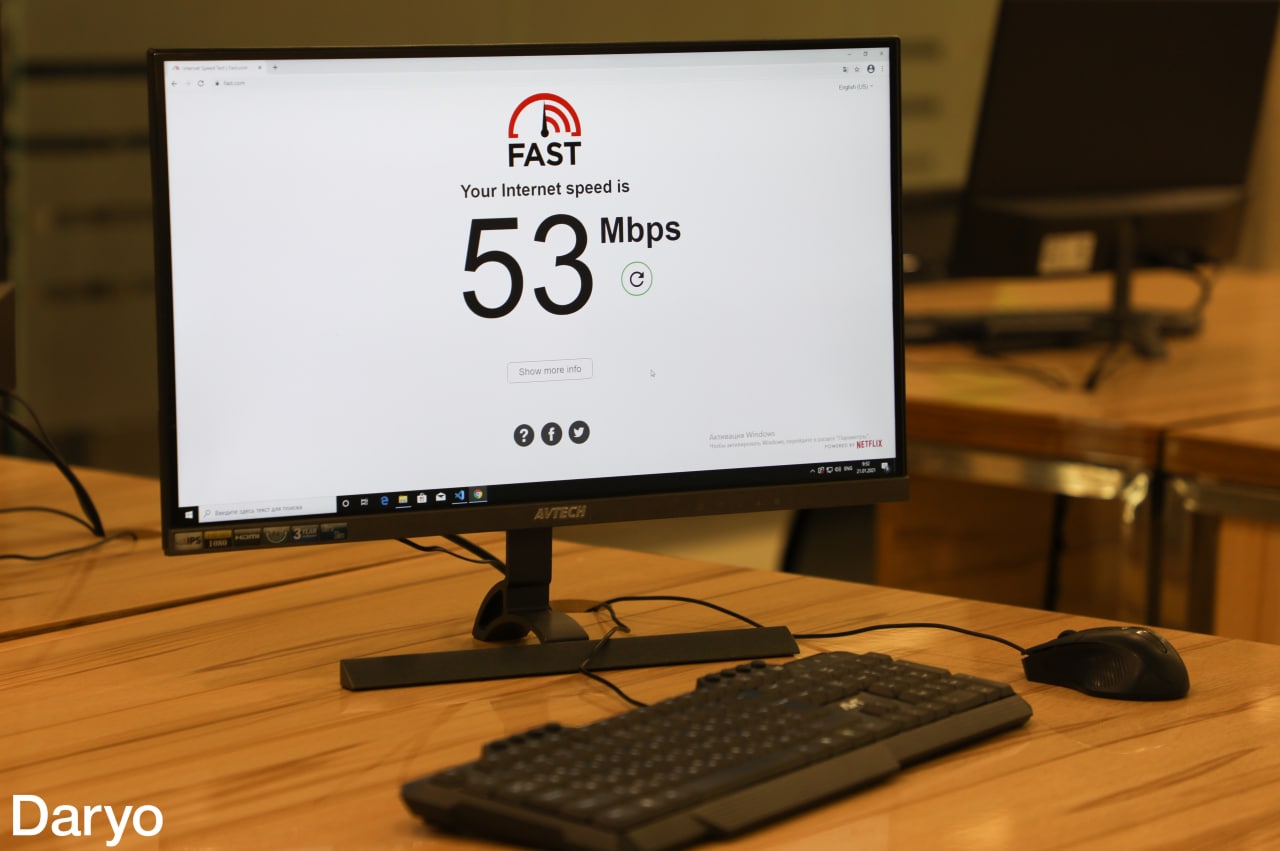Uzbekistan has emerged as a dynamic player in the global cryptocurrency landscape, driven by a tech-savvy population and an expanding digital economy. The number of cryptocurrency users in the country skyrocketed by over 300% between 2018 and 2020, signalling a further growing interest in digital assets. As Uzbekistan seeks to position itself as a regional hub for crypto activities, President Shavkat Mirziyoyev has outlined an ambitious vision to transform the nation into a "crypto oasis," akin to the UAE's leadership in the sector. This sector generated over $3.5 mn for the state budget from 2022-2024 and created more than 72 jobs.
However, the question remains: can Uzbekistan truly position itself as a regional leader in the crypto market? While the legal framework has made significant progress, certain persistent challenges could hinder this ambitious vision.
A critical issue is the availability of stable and sufficient electric power, which is essential for cryptocurrency mining. The demand for electricity in Uzbekistan already exceeds supply, making it difficult to support both consumer needs and the power-intensive process of crypto mining. This is a challenge not only for Uzbekistan but also for other countries like Belgium and France. Without addressing this, the vision of becoming a crypto hub may remain out of reach.
Cryptocurrency is not a perfect solution to international transfer and transfer in all Central Asian regions. And it is proven to be very energy-consuming. Crypto is also far from secure – they are in theory, but some applications that are using them have proven to be not so secure and not so private. Blockchain technology is the future of money, the real question about it – is whether it will be state-owned or not, will be centralized or decentralized, France-based expert Michael Lambert, representative of INSEAD (Ireland) said.
To mitigate this, the authorities have introduced incentives for miners utilizing solar photovoltaic stations, offering tax and customs benefits to promote renewable energy use. With Uzbekistan experiencing more than 320 sunny days annually, this initiative aligns well with local conditions. If solar energy users can supplement their power needs with regular electricity during low-yield periods, this could present a significant opportunity for the sector. However, infrastructure bottlenecks in some areas remain a point of negotiation with potential partners.
Moreover, internet infrastructure poses another obstacle. According to the Speedtest Global Index mobile internet speed ranking, Uzbekistan improved its position in December 2023, moving up to 95th place. The average mobile internet speed is 25.2 Mbps, while wired internet ranks 90th with an average speed of 55.5 Mbps. Although the country has made strides in internet connectivity, it still lags behind global leaders like the UAE, which tops the mobile internet speed rankings.

Opportunities
1. Economic growth
The rising demand for cryptocurrencies is creating new opportunities for economic expansion in Uzbekistan. The National Agency for Prospective Projects (NAPP) of Uzbekistan has labelled the cryptocurrency business as 'quite profitable.' In March, the agency responded by significantly increasing fees for industry participants. Cryptocurrency exchanges now contribute around $20,000 monthly to the state budget, doubling previous rates, while crypto shops face a ninefold increase, paying approximately $5,000 monthly. These new fees are projected to generate over $1mn annually for the state.
Entrepreneurs, startups, and small businesses are becoming active participants in the crypto ecosystem. Key developments include ecosystem expansion: The rise of fintech companies, blockchain developers, and cryptocurrency exchanges is contributing to job creation and technological progress; licensing growth: In early 2022, Uzbekistan had just one crypto exchange. By the end of the year, four additional crypto providers were licensed. The country now has 14 crypto service providers, including two exchanges, two depositories, and ten crypto shops.
2. Financial inclusion
Cryptocurrency adoption could significantly enhance financial inclusion, particularly in rural areas with limited traditional banking access. Digital currencies offer a means for unbanked individuals to engage in the financial system, fostering economic empowerment and reducing poverty. Additionally, by lowering the costs of cross-border transactions, cryptocurrencies can benefit Uzbekistan’s large diaspora and support the national economy.

3. Innovation
The expanding cryptocurrency market in Uzbekistan is driving innovation, with local startups and developers exploring diverse applications of blockchain technology. Interest is increasing in using blockchain for purposes beyond digital currencies, such as supply chain management, identity verification, and land registries. Additionally, there is a growing focus on smart contracts and decentralized finance (DeFi) platforms, which hold the potential to revolutionize sectors including finance, real estate, and logistics.
Challenges
1. Lack of awareness and education
A significant obstacle to cryptocurrency adoption in Uzbekistan is the limited awareness and education about digital currencies. Many citizens are unfamiliar with cryptocurrencies and lack an understanding of how they function. The World Bank reported that in 2017, only 15% of adults in Uzbekistan had access to formal financial services, with just 4% holding a bank account. This limited access to financial services poses challenges for individuals to engage in the cryptocurrency market, which requires a certain level of technological and financial literacy.
2. Regulatory uncertainty
While Uzbekistan has introduced legislation to regulate the cryptocurrency market, the regulatory framework is still in its infancy. Clear guidelines and standards are necessary to provide certainty for investors and businesses operating in the sector.
3. Security and fraud
The growth of the cryptocurrency market has led to an increase in fraudulent activities, including phishing scams, Ponzi schemes, and hacking attacks. Addressing security concerns is crucial to protect investors and maintain trust in the ecosystem.

Future outlook
Uzbekistan's cryptocurrency market is set to see substantial revenue growth, with an estimated $57.3mn projected for 2024. However, growth is expected to slow slightly in the following year, with a forecasted decline of 4.3%, bringing the total revenue to approximately $54.8mn by 2025.
In 2024, the average revenue per user in the cryptocurrency sector is anticipated to be $40.5. Despite the modest growth expectations, Uzbekistan's market remains relatively small compared to global leaders. Meanwhile, the number of cryptocurrency users in Uzbekistan is expected to rise to 1.4mn by 2025. The user penetration rate is forecasted to be 3.96% in 2024, with a slight decrease to 3.93% by 2025.
In Uzbekistan, crypto assets are officially recognized and regulated, though they are not legal tender. Since January 1, 2023, residents have been allowed to conduct crypto transactions solely through domestic Crypto Asset Service Providers (CASPs). These CASPs, which include crypto exchanges, stores, depositories, and mining pools, must be legally registered and licensed to operate within the country.
Follow Daryo's official Instagram and Twitter pages to keep current on world news.
Comments (0)